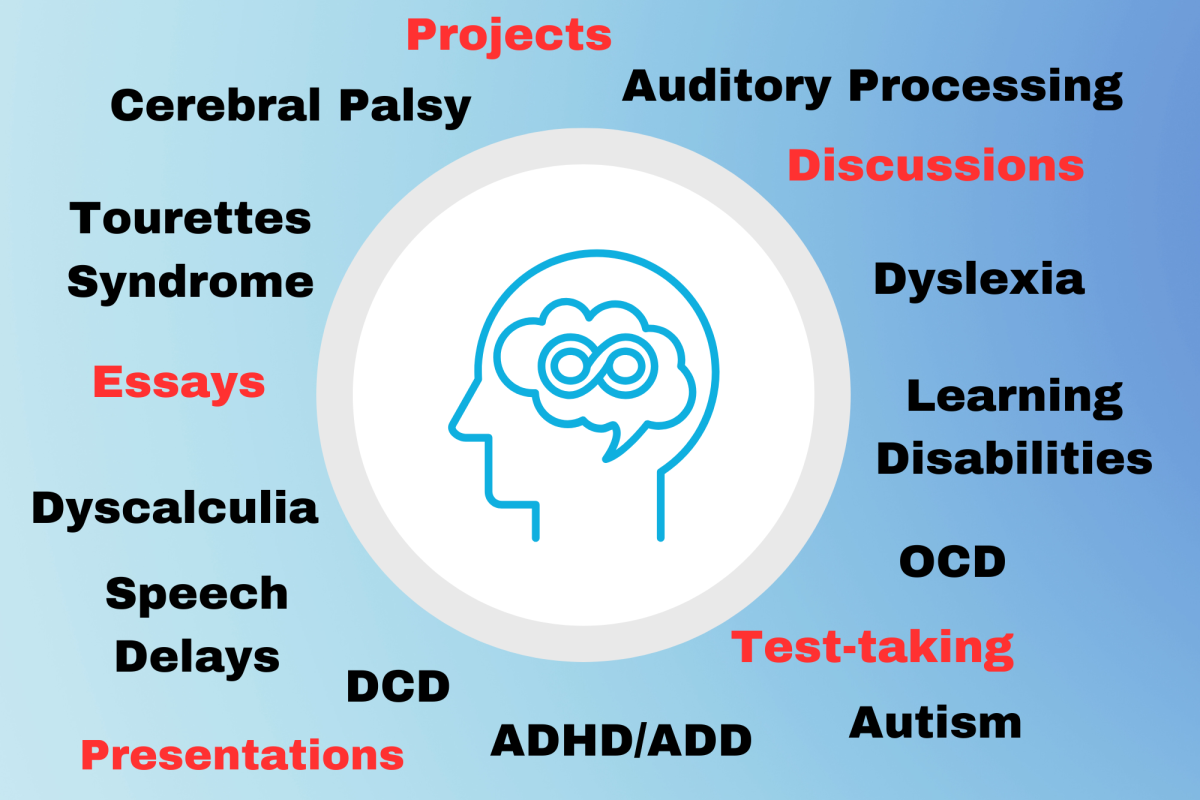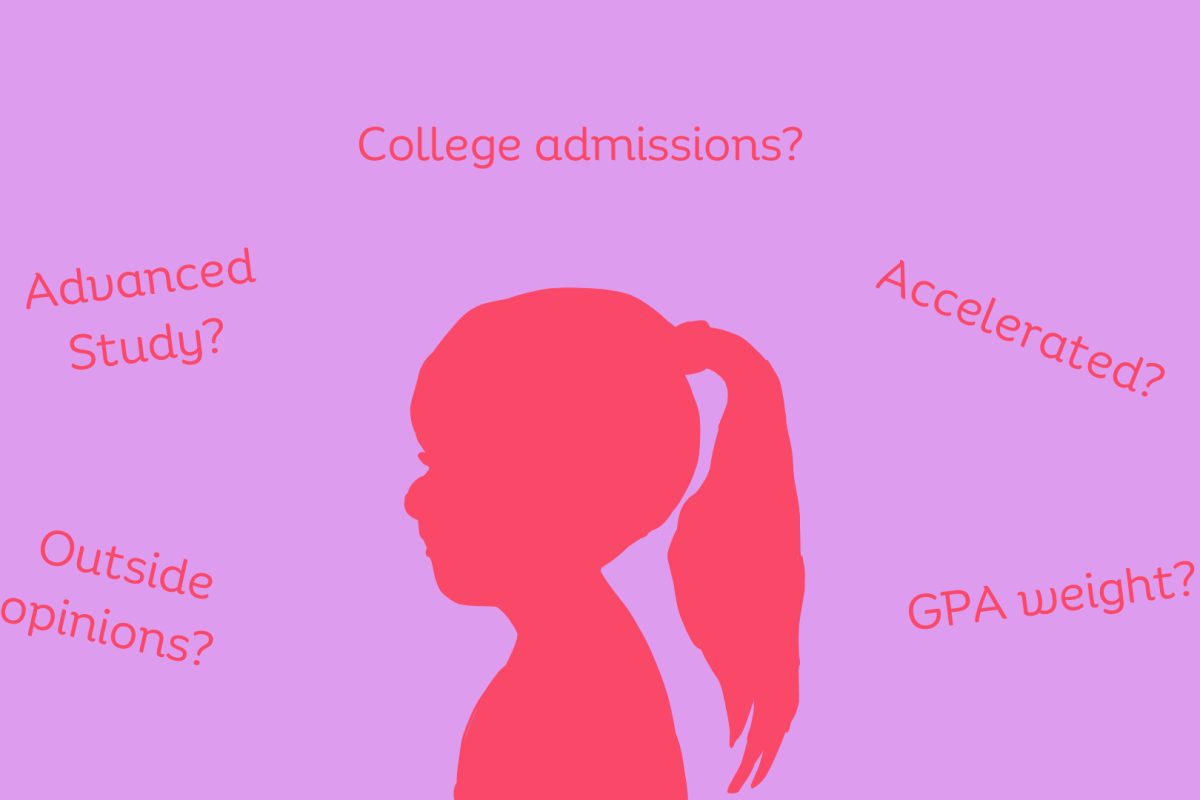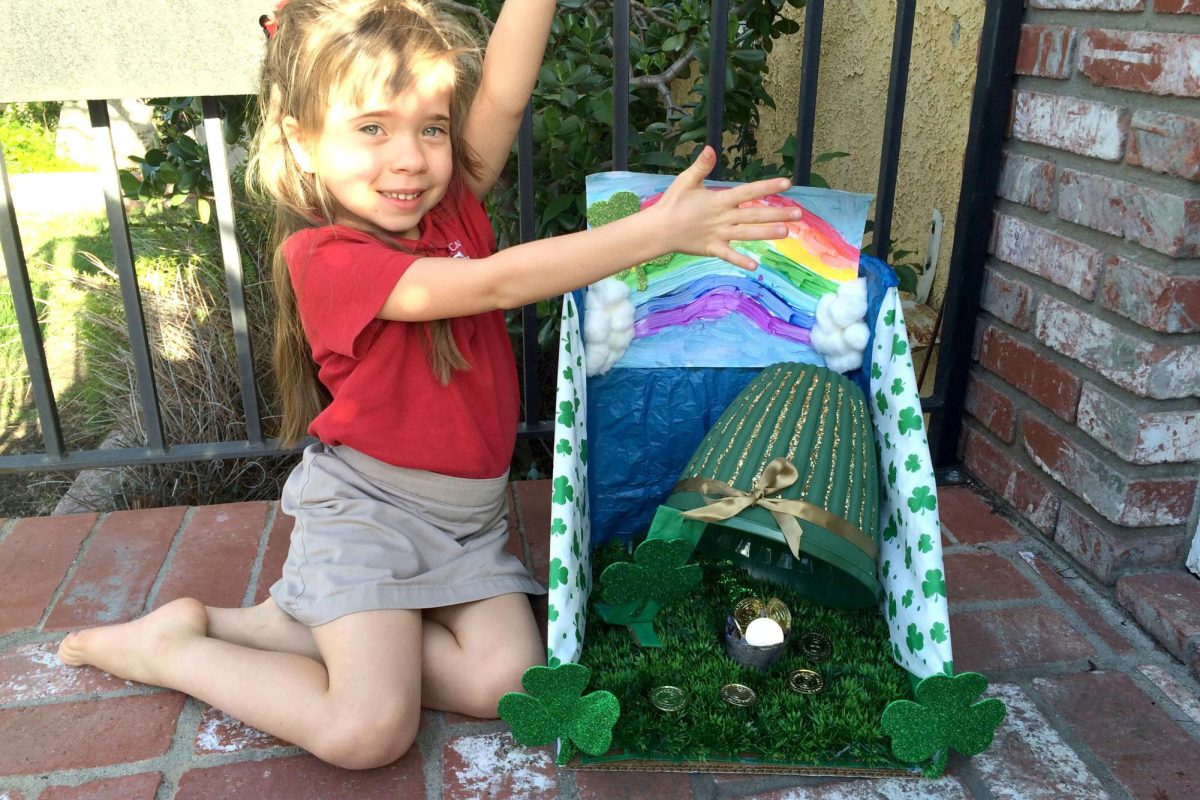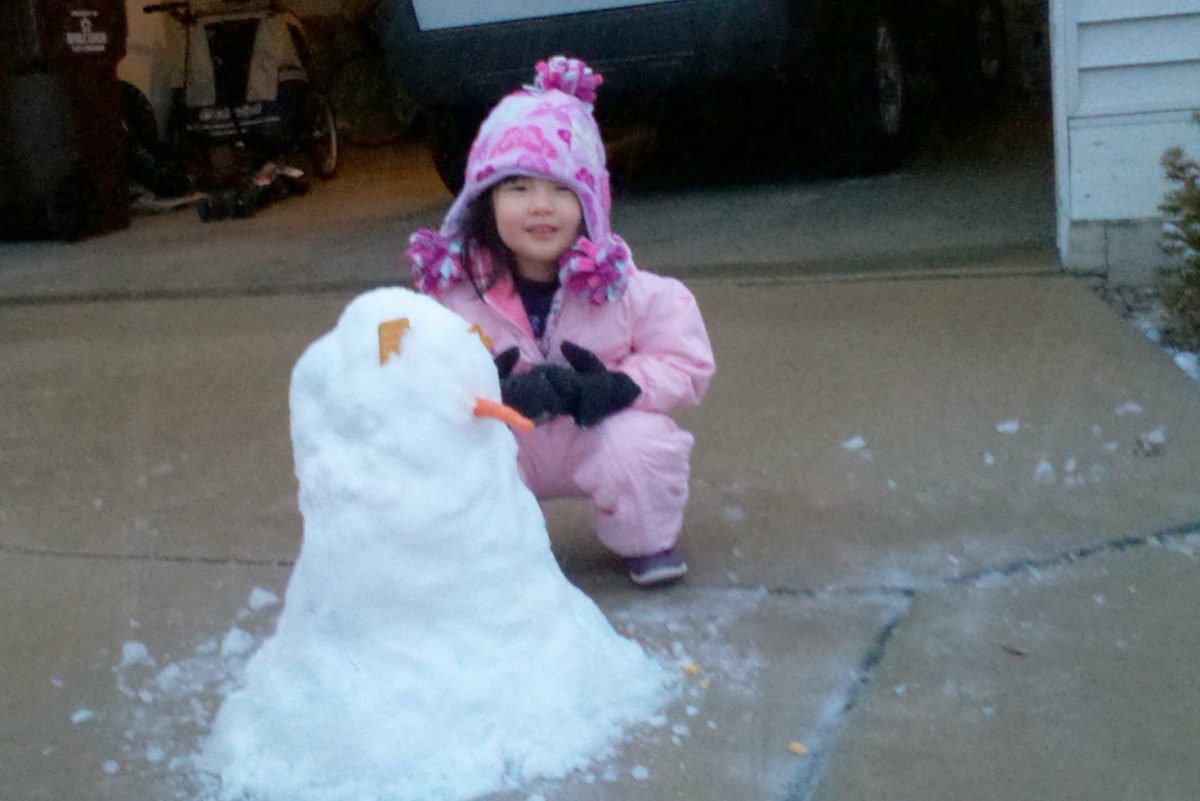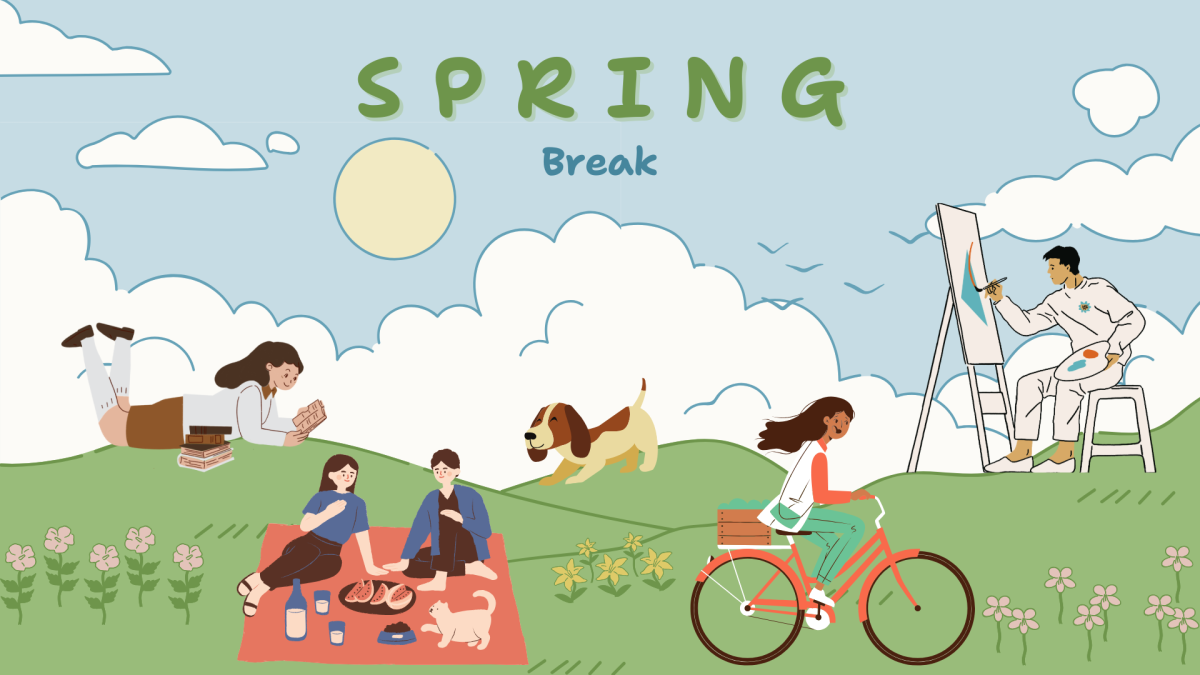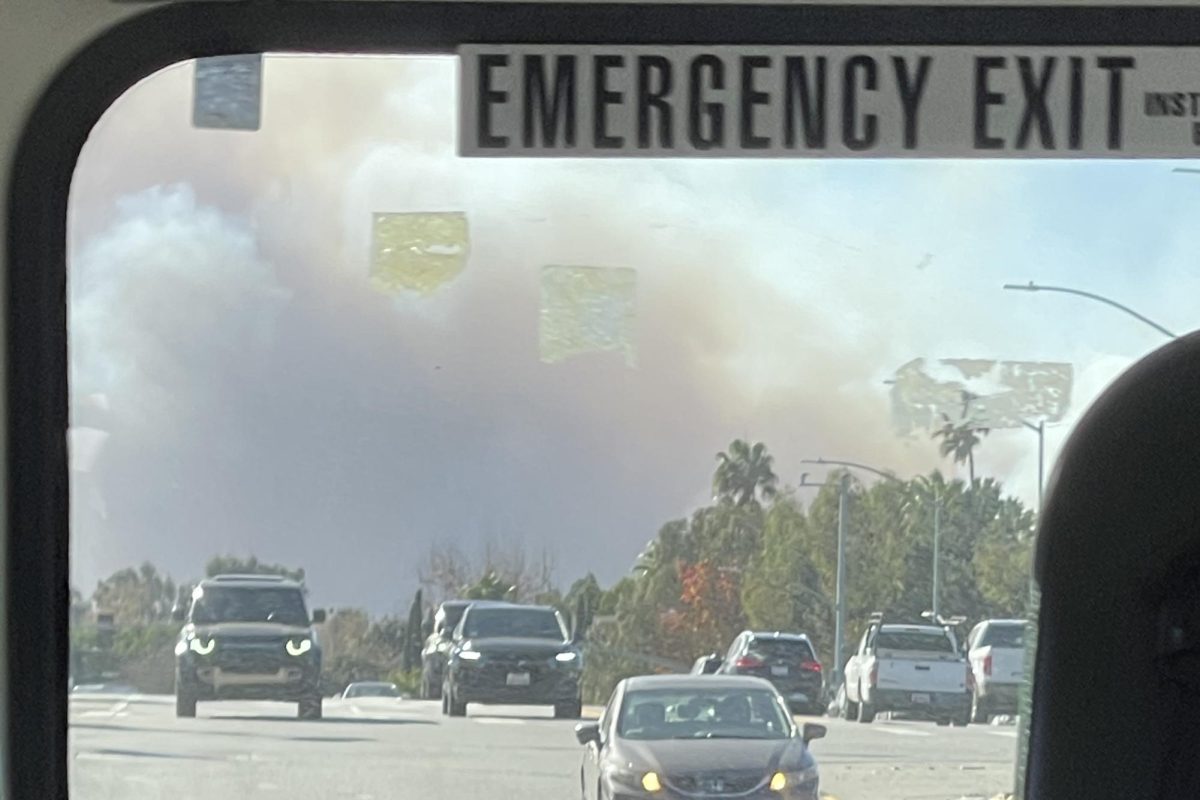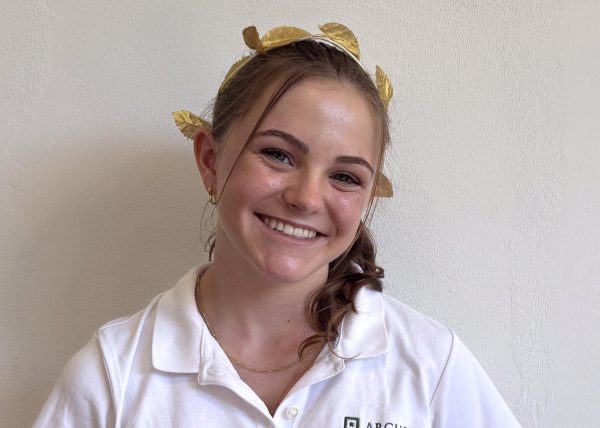
“Wait, so you voluntarily have conversations with old people?”
This question, accompanied by a raised eyebrow and a rude tone, is one I receive frequently from other teens when I tell them about my Archer service project. Their condescending attitude is partially rooted in ageism, which the National Institute of Health defines as “a form of discrimination where people are mistreated based on their age. It is rooted in a lack of knowledge, prejudice, and stereotypes.”
According to Help Guide, children are socialized to associate the aging process with a negative connotation and to believe that older adults are incapable of caring for themselves. These messages often show up in the media we consume.
For the past eight weeks, I’ve volunteered with an organization called Sages and Seekers over Zoom. For hourlong sessions, a high school volunteer (the seeker) is partnered with an older adult (the sage) to discuss life events and real-world issues, build connections and so much more. The buddy program is designed to develop empathy across generations and diminish ageism through authentic conversations.
As I began to discuss topics such as climate change, the election, social media and antisemitism with my sage, Charlotte Bahn, I was astonished by how well we could handle having different opinions. So often, older adults are discriminated against for not knowing enough about modern technology or for being a nuisance to a business that could easily replace them with a younger person. “Job descriptions often use phrases like ‘digital native’ and ‘tech savvy’ that can make it seem like older workers need not apply,” according to Axios.
Intergenerational connection allows for a wide range of benefits, including surprising physical health benefits. Research shows that ageism can negatively impact the health of older adults and that those with “more positive self-perceptions of aging, measured up to 23 years earlier, lived 7.5 years longer than those with less positive self-perceptions of aging.” Having an outlet where you can achieve the goal of an active social life is essential to healthy aging, according to Mayo Clinic.
My sage began our fifth weekly conversation by expressing how great it was to hear about what young people were doing these days, as she felt disconnected from my generation due to not having grandchildren. The American Society on Aging affirms this phenomenon by explaining, “As we age, we often find ourselves in spaces lacking age diversity, so building intergenerational relationships requires more intentional effort when outside a family unit.”

Regardless of age, intergenerational connection creates emotional benefits for all involved. Professor of Education, Psychology & Neuroscience Mary Helen Immordino-Yang conducted a study on the Sages and Seekers program in 2024. Her findings about how transcendent thinking can increase a teen’s and older adults’ sense of belonging suggested that the program’s purpose of building intergenerational relationships “enabled youth to leverage emotional connections to their partner to dream about what their future could hold, and what it would take to get there.”
In Sages and Seekers conversations, each week has a theme participants are encouraged to discuss. Whether we discussed heavy topics like the election or lighter topics like holiday plans, weekly motivation from my sage helped me feel like my voice was heard.
One of my favorite themes has been joy. By connecting over joyful moments in our lives, Charlotte and I have been able to form a deeper bond that is so hard to find in a world where teenagers and older adults are isolated. For example, my sage and I are both Jewish. Hence, we were able to connect over joyful holiday traditions, having way too much food at family dinners and crazy relatives that invite random Jewish people to our celebrations.
Ageism is a form of discrimination often put in the back corner, even though 82% of adults aged 50–80 face ageism daily. So whether this comes in the form of calling your grandparents weekly or joining a non-profit organization similar to Sages and Seekers, I advise you to find a way to connect with someone from a different generation than your own. This goes beyond just the two of you, as it allows us, as a society, to pass on wisdom to create a promising new generation. When we limit ourselves to our own generation, we lack diversity in our life experiences.
So, to answer the question simply, yes, I voluntarily have conversations with older adults. After all, there is no age limit on connection.



